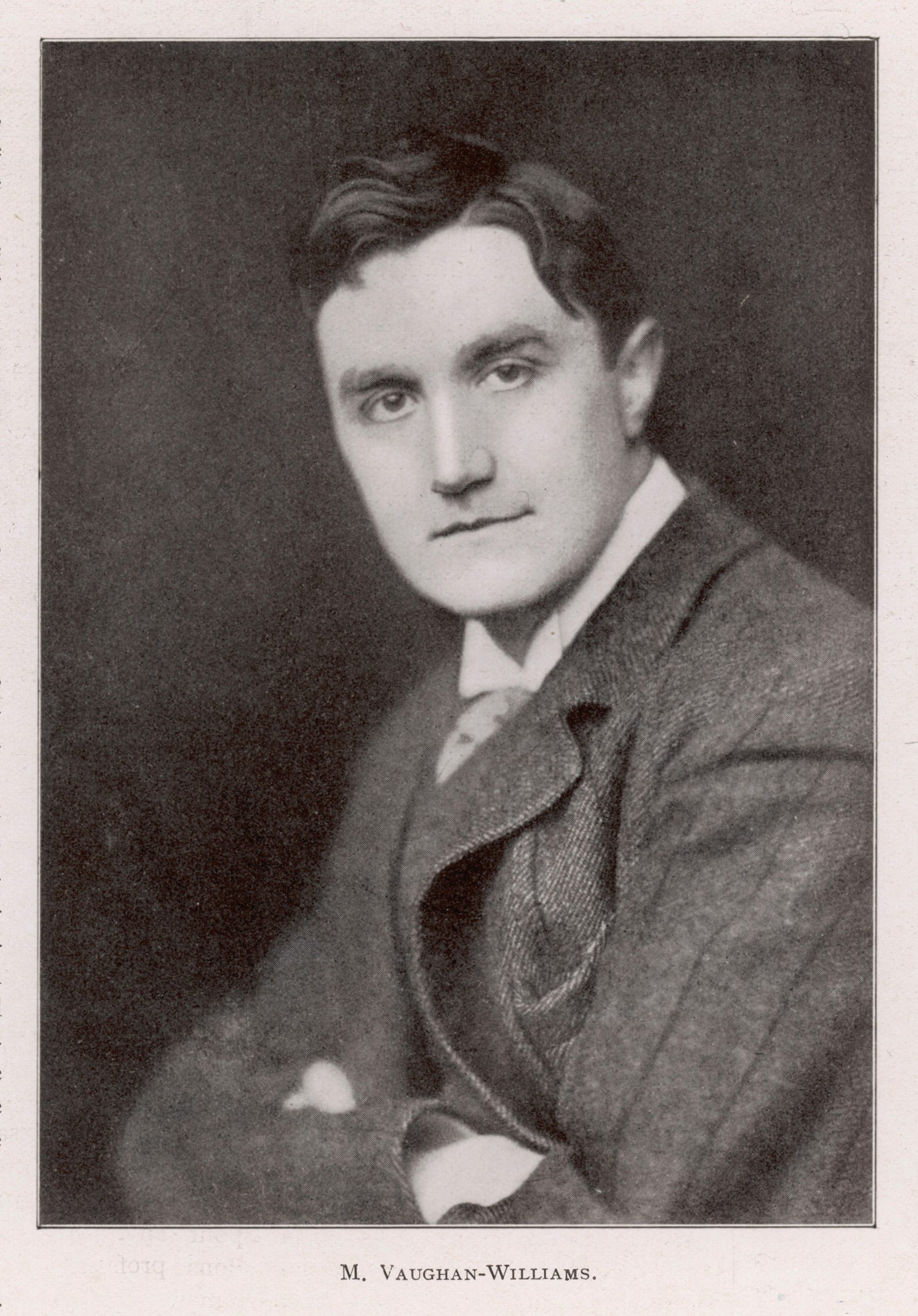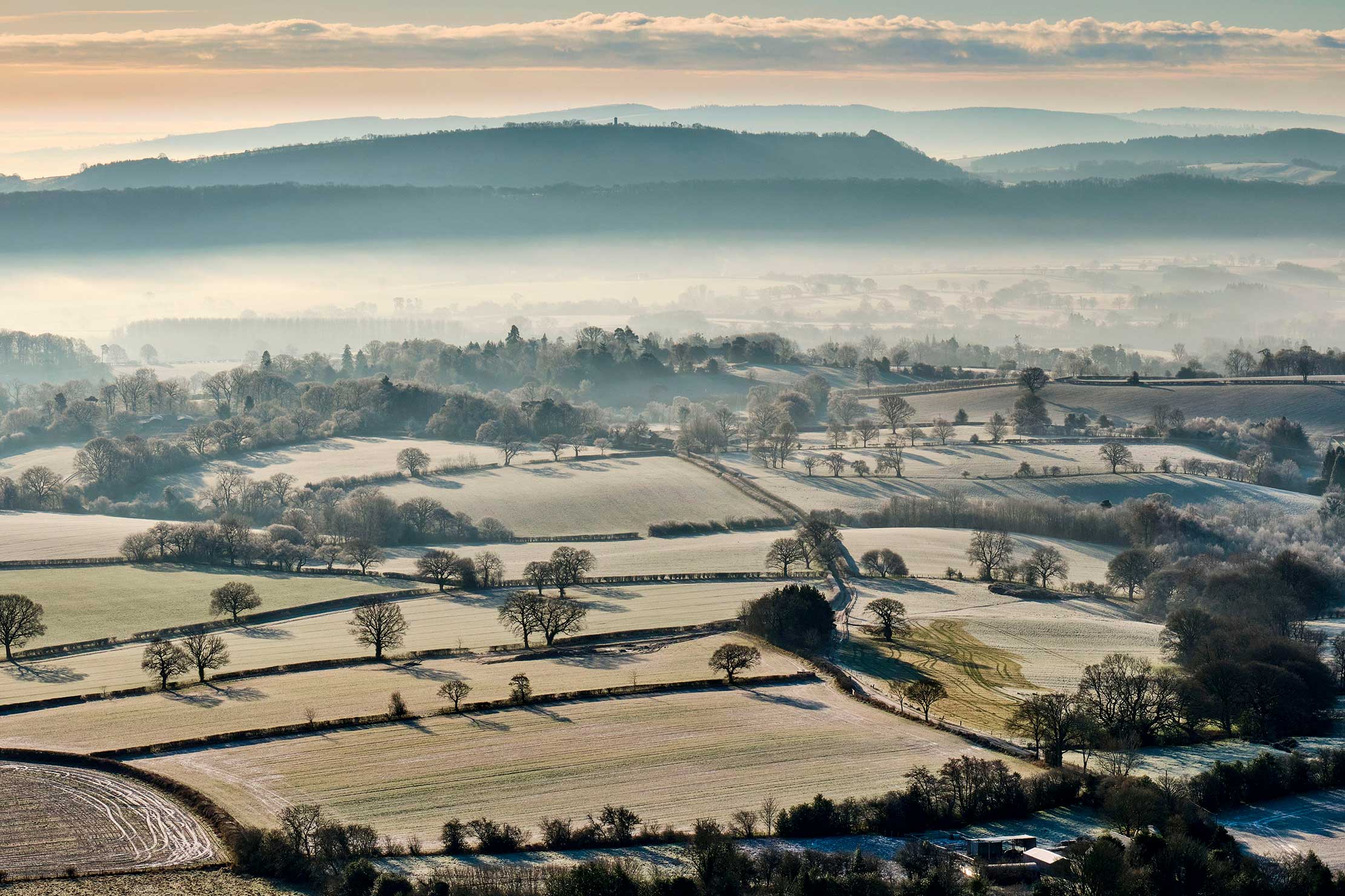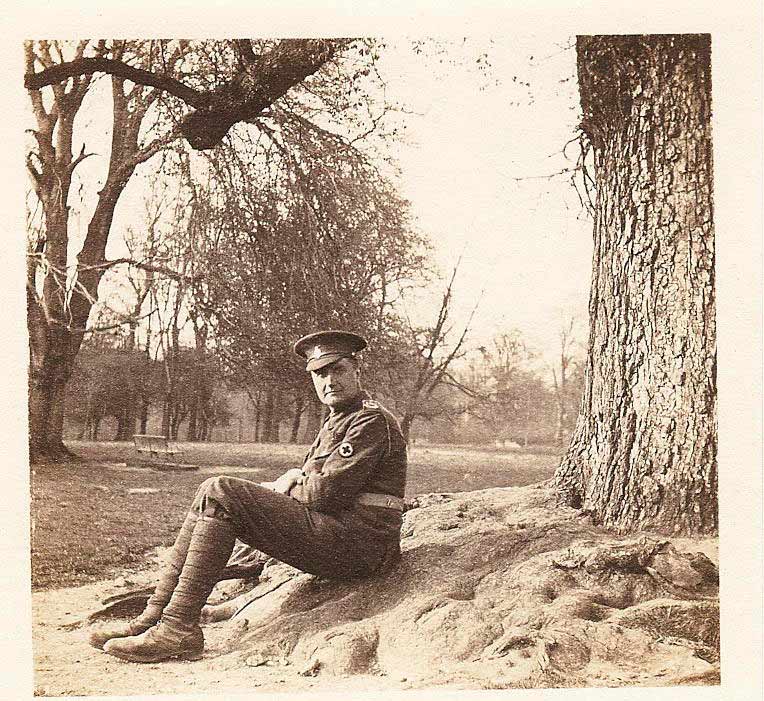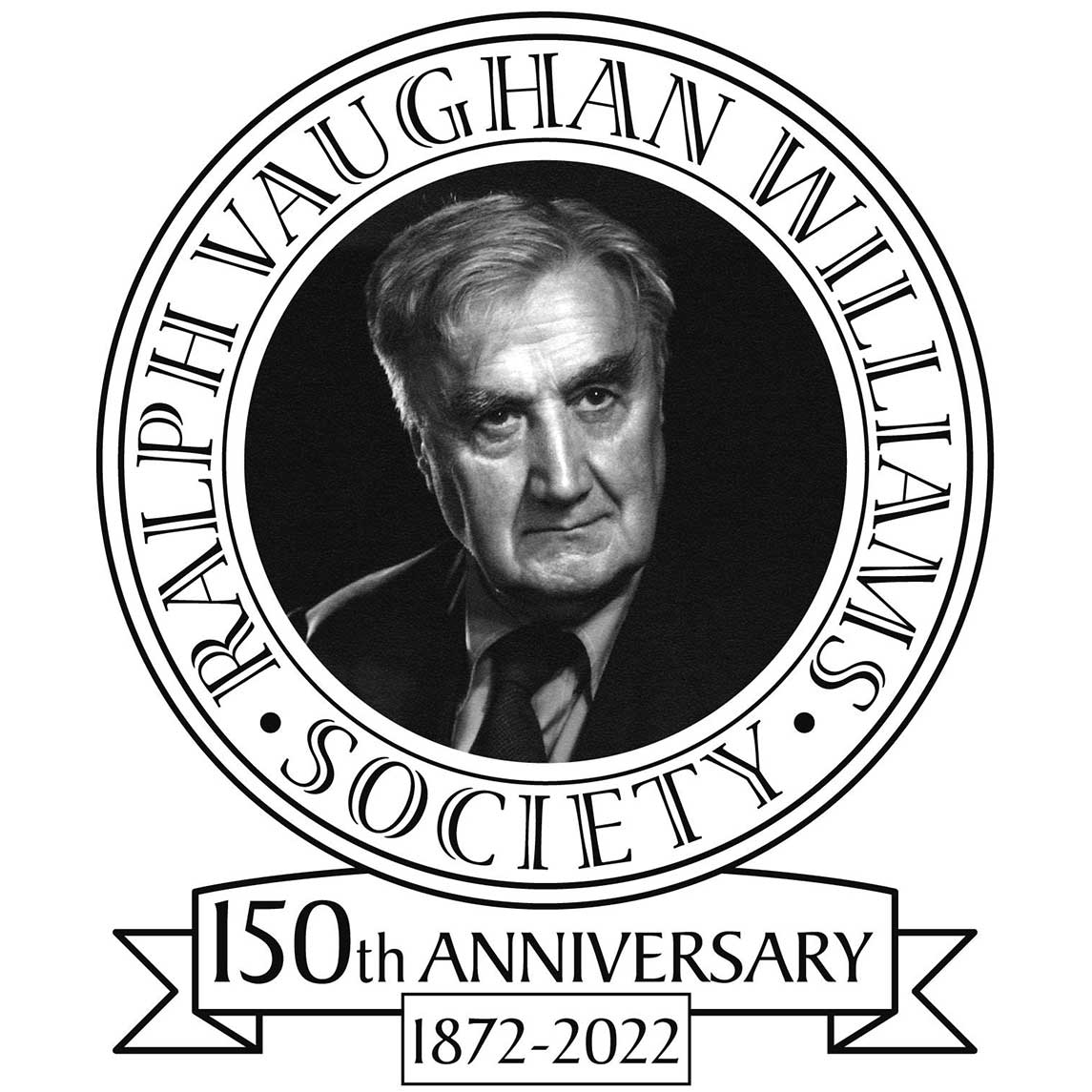In Focus: Vaughan Williams, the composer who wrote 'the world's most beautiful melody'
Ralph Vaughan Williams is one of Britain's great composers, and as a major milestone arrives his fans are celebrating his body of work and life.


The 150th anniversary of the birth of composer Ralph Vaughan Williams (1872–1958) falls on October 12 this autumn, with celebrations taking place all year and through to next summer, says the Ralph Vaughan Williams Society (aka the RVWS — a list of events is at the bottom of this page).
Perhaps most famous for The Lark Ascending and Fantasia on a theme by Thomas Tallis — regular ‘nation’s favourites’ — Vaughan Williams was a contradictory man, who refused a knighthood, but later accepted a higher Order of Merit.
His father was an Anglican vicar and Charles Darwin his mother’s uncle, yet, despite his own agnosticism, he edited the 1906 English Hymnal and even wrote an opera based on The Pilgrim’s Progress. As a child, when he asked his mother about The Origin of Species, she responded: ‘The Bible says that God made the world in six days; Great Uncle Charles thinks it took longer: but we need not worry about it, for it is equally wonderful either way.’

He studied in Berlin under Bruch and in Paris under Ravel, was later a professor at the Royal College of Music and was known to set poems by A. E. Housman and George Herbert to music.
‘He loved the countryside, but he also loved London,’ explains Karen Fletcher, RVWS publicity officer. ‘His 2nd Symphony includes the cry of a lavender seller, his 9th was inspired by Hardy’s Tess and A Sea Symphony — a favourite with choirs — sets Walt Whitman’s visionary poetry.’
During the First World War, he held a commission in the Royal Garrison Artillery, among others, and lost close friends, including fellow composer George Butterworth, which seeped into his music, and his exposure to gunfire resulted in deafness in old age.

Vaughan Williams’s work extended to nine symphonies, pieces for stage and screen, ballets and chamber music and he was strongly influenced by English folk and Tudor songs, founding a nationalist revival in English music; his Romanza theme from Symphony No 5 has been dubbed ‘the world’s most beautiful melody’.
Exquisite houses, the beauty of Nature, and how to get the most from your life, straight to your inbox.
‘In a long and productive life, hardly a music genre has been left untouched or failed to be enriched by Vaughan Williams’s work,’ claims Stephen Connock, vice-president of the RVWS, who sees ‘RVW150’ as the perfect opportunity to raise awareness through a dizzying array of both national and international performances.
‘If anything in my life — music included — has enabled anyone to have a fuller enjoyment of life — then I feel I have not lived in vain,’ wrote the composer in 1956; he died two years later.

Remembering Vaughan Williams: Events, publications and commemorations
The BBC Philharmonic and Hallé Orchestra kick things off on February 26 with a performance of the Pastoral Symphony, On Wenlock Edge and Symphony No 5 in D Major, the first of many in Manchester, and the BBC Symphony Orchestra begins a series of London performances at the Barbican on March 11.
Various other orchestras will perform at venues and festivals across Britain throughout the year. Visit rvwsociety.com for full details of these and international concerts.
A new stained-glass window by Tom Denny will be unveiled in the church at Down Ampney, the Gloucestershire village where Vaughan Williams was born and where a number of celebratory events will be held, in October — see www.ampneychurches.info.
An online event will commemorate the 100th anniversary of the first performance of the Pastoral Symphony and there will be a public performance of a new work commissioned especially by the RVW Society from composer Ian Venables.
Fans can also immerse themselves in two new publications: a book by Stephen Connock, The Edge of Beyond — Ralph Vaughan Williams in the First World War (Albion Music, £25), which explores the impact of the conflict on the composer; and a special collectors’ edition of Choir & Organ magazine, Vaughan Williams: A 150th-anniversary celebration, is also available, drawing from the society’s archives, with in-depth features and a listening guide inspired by the composer’s ‘multi-faceted personality and style’.
Annunciata is director of contemporary art gallery TIN MAN ART and an award-winning journalist specialising in art, culture and property. Previously, she was Country Life’s News & Property Editor. Before that, she worked at The Sunday Times Travel Magazine, researched for a historical biographer and co-founded a literary, art and music festival in Oxfordshire. Lancashire-born, she lives in Hampshire with a husband, two daughters and a mischievous pug.
